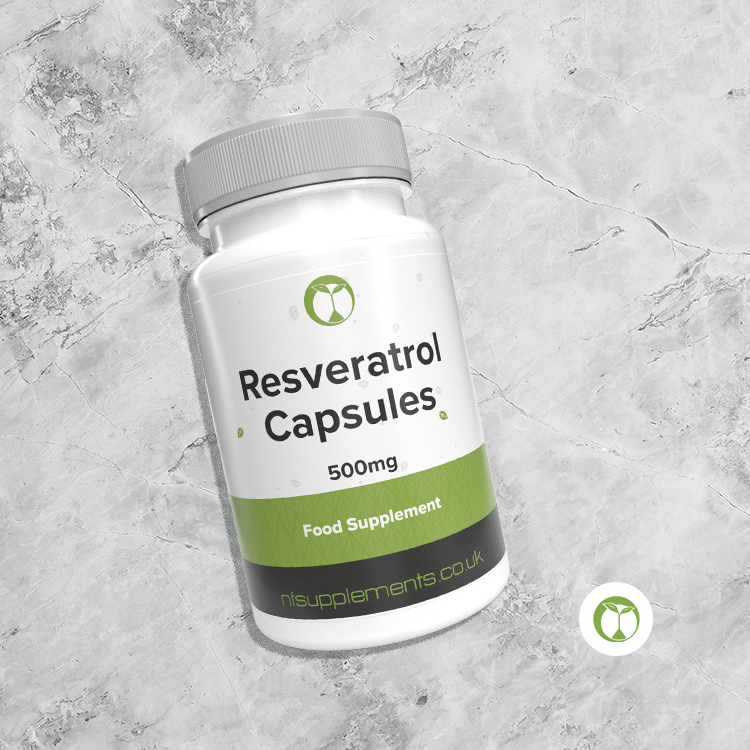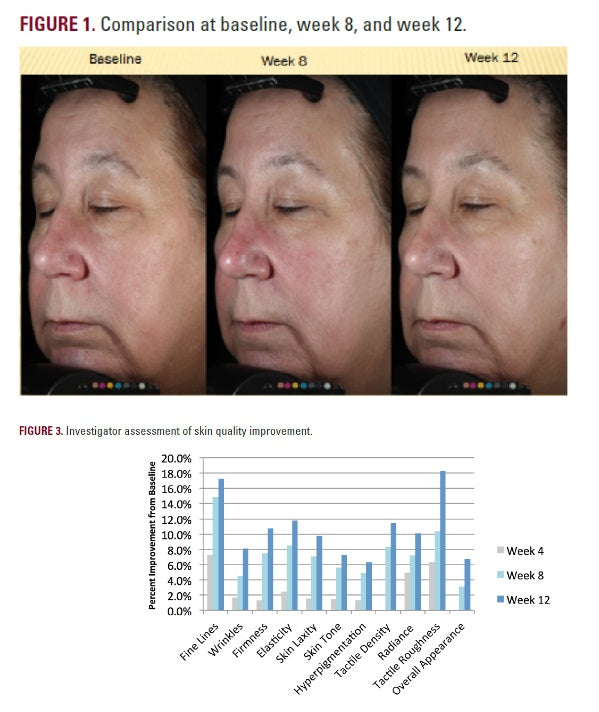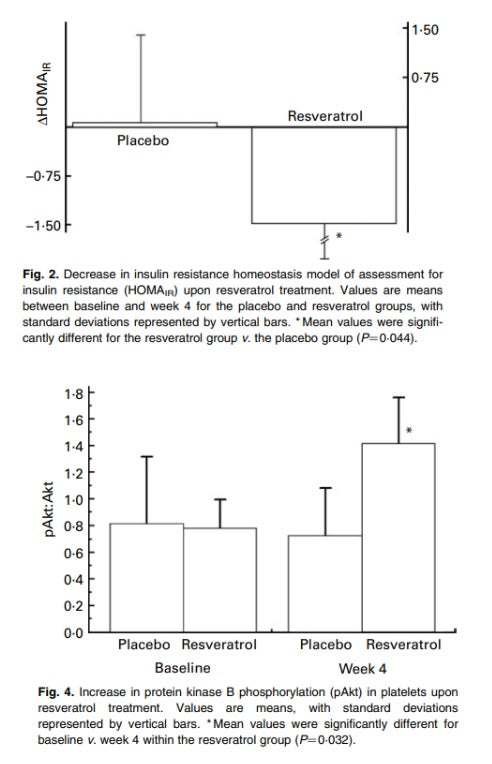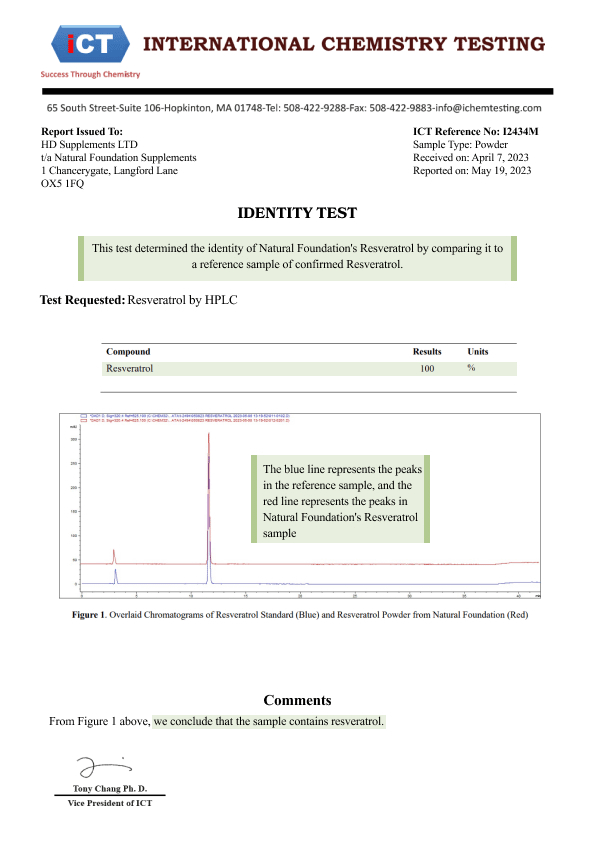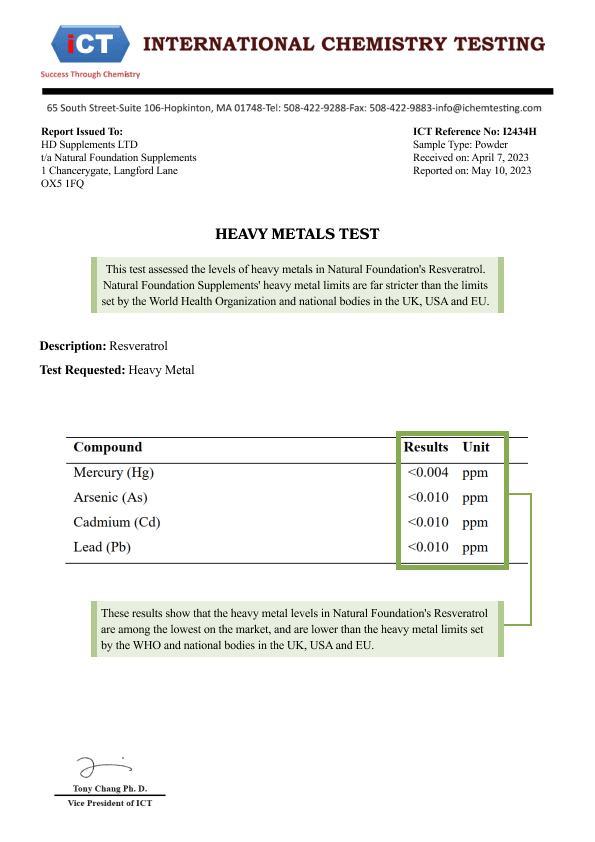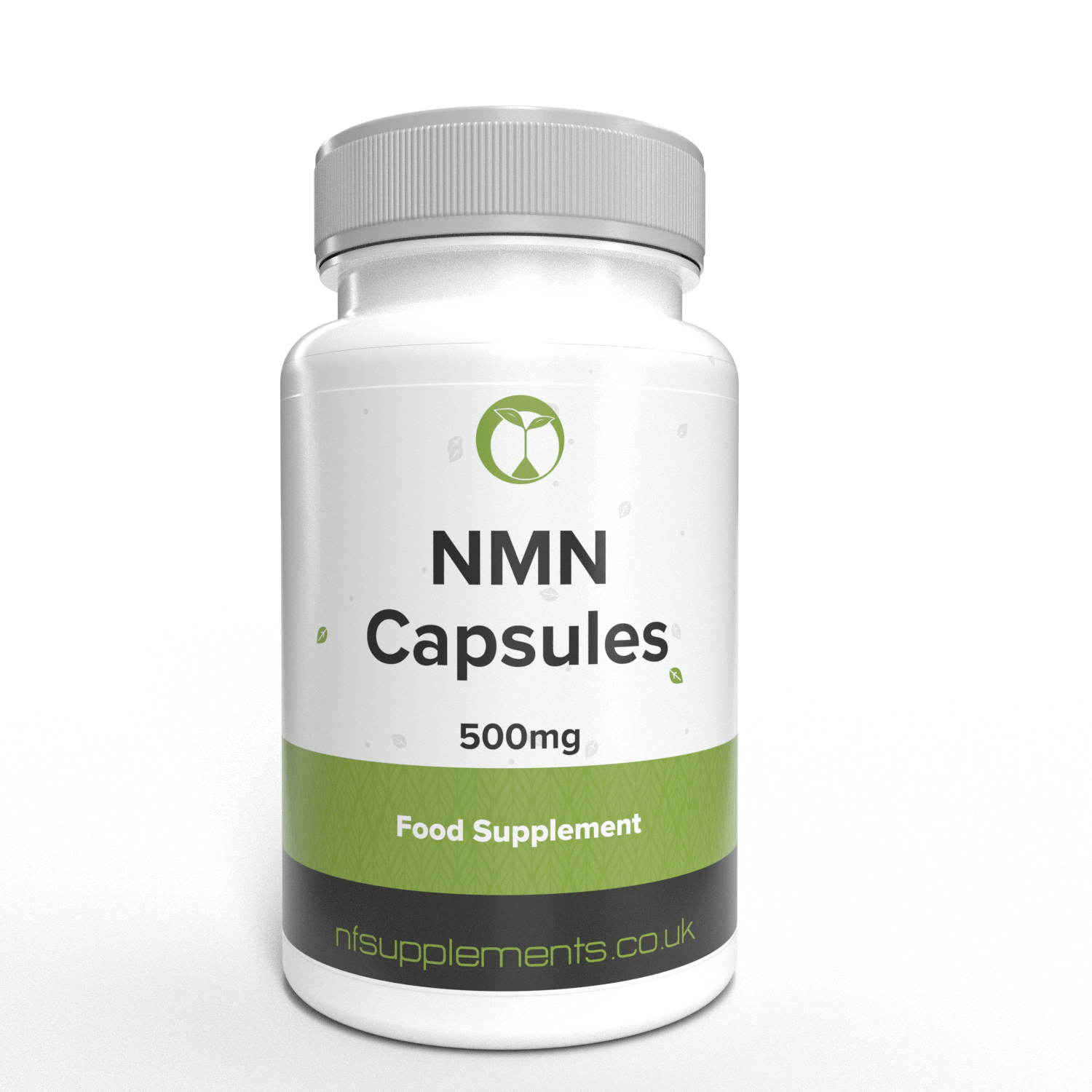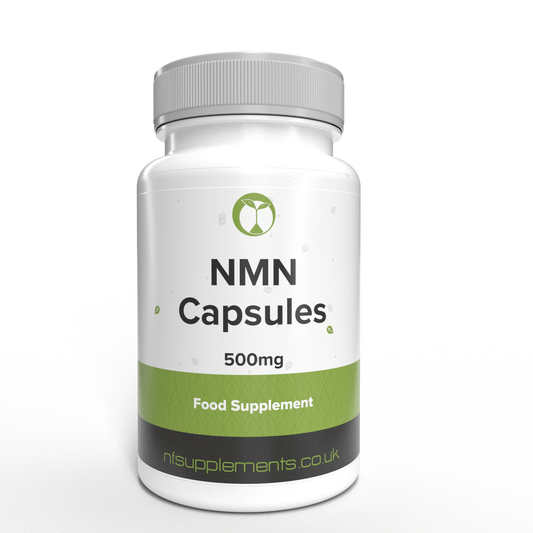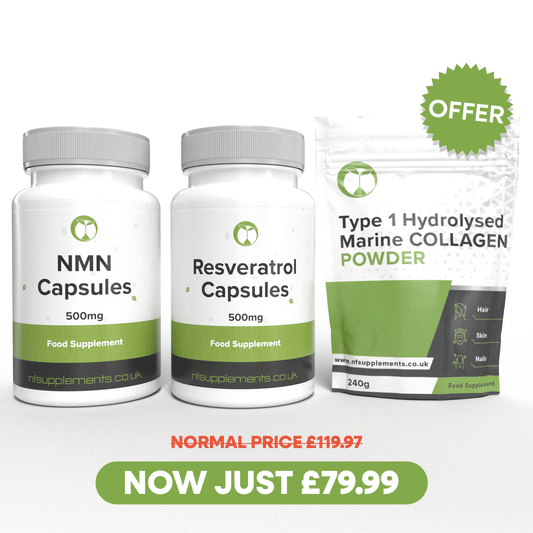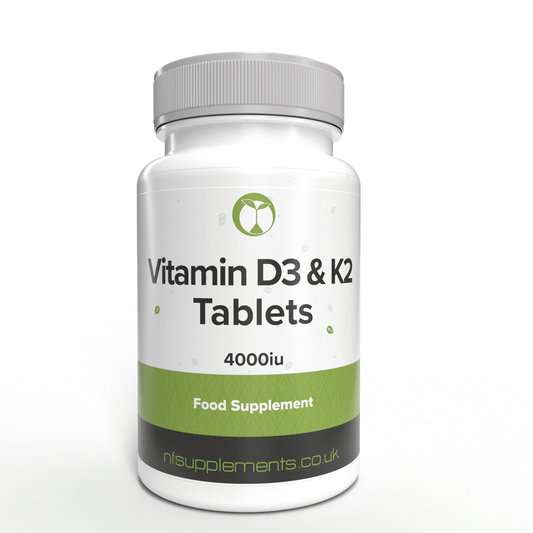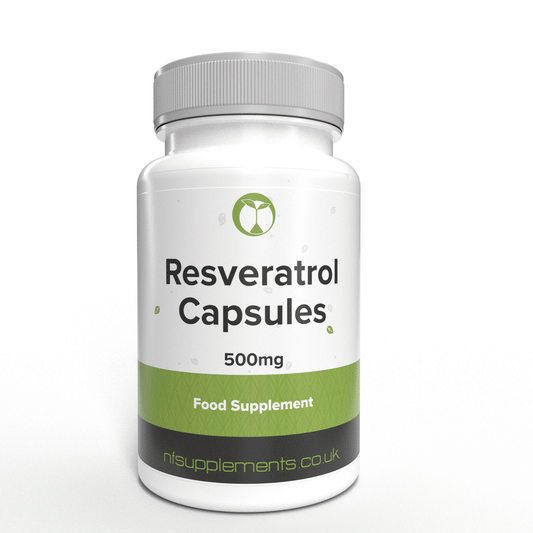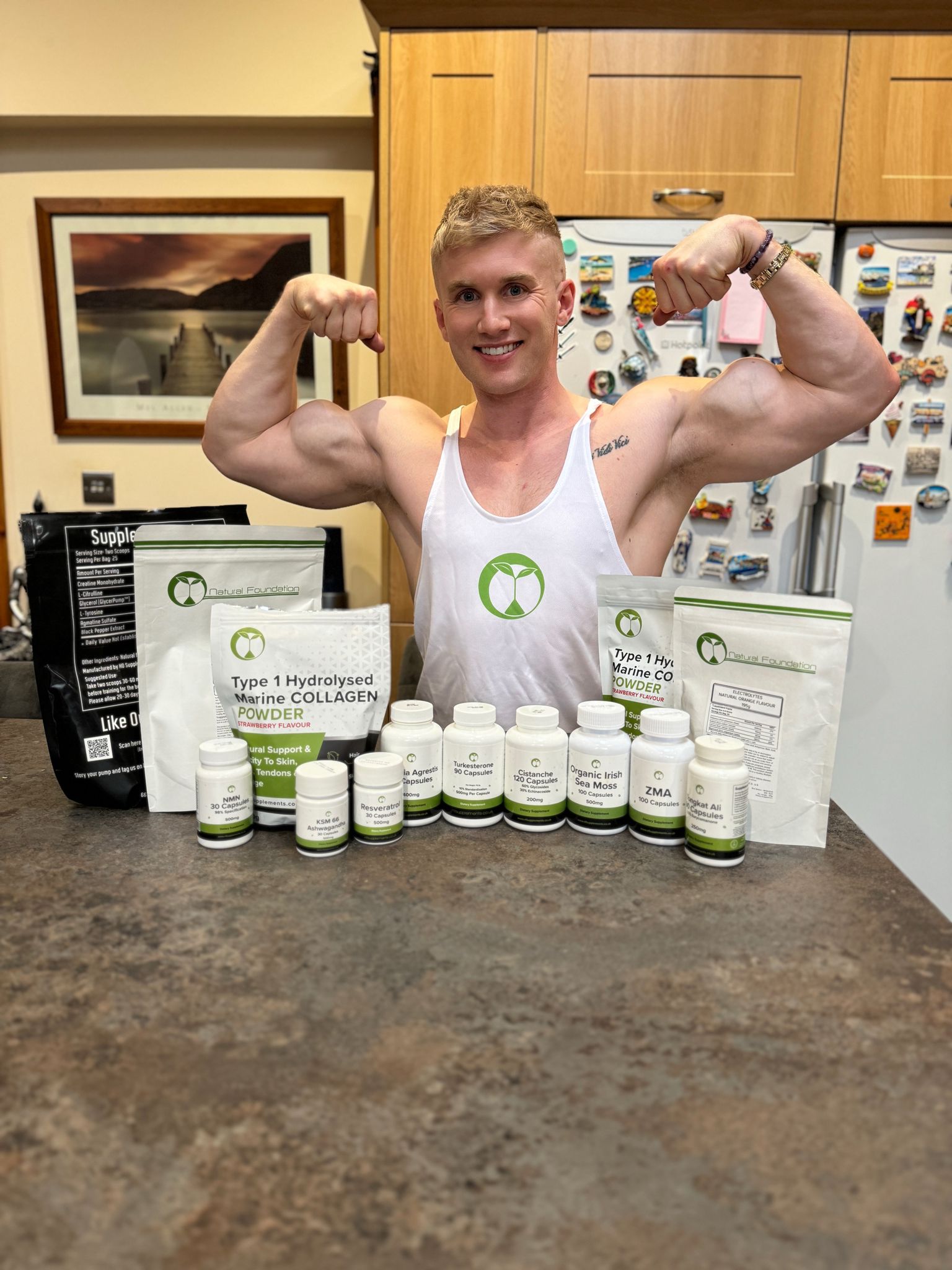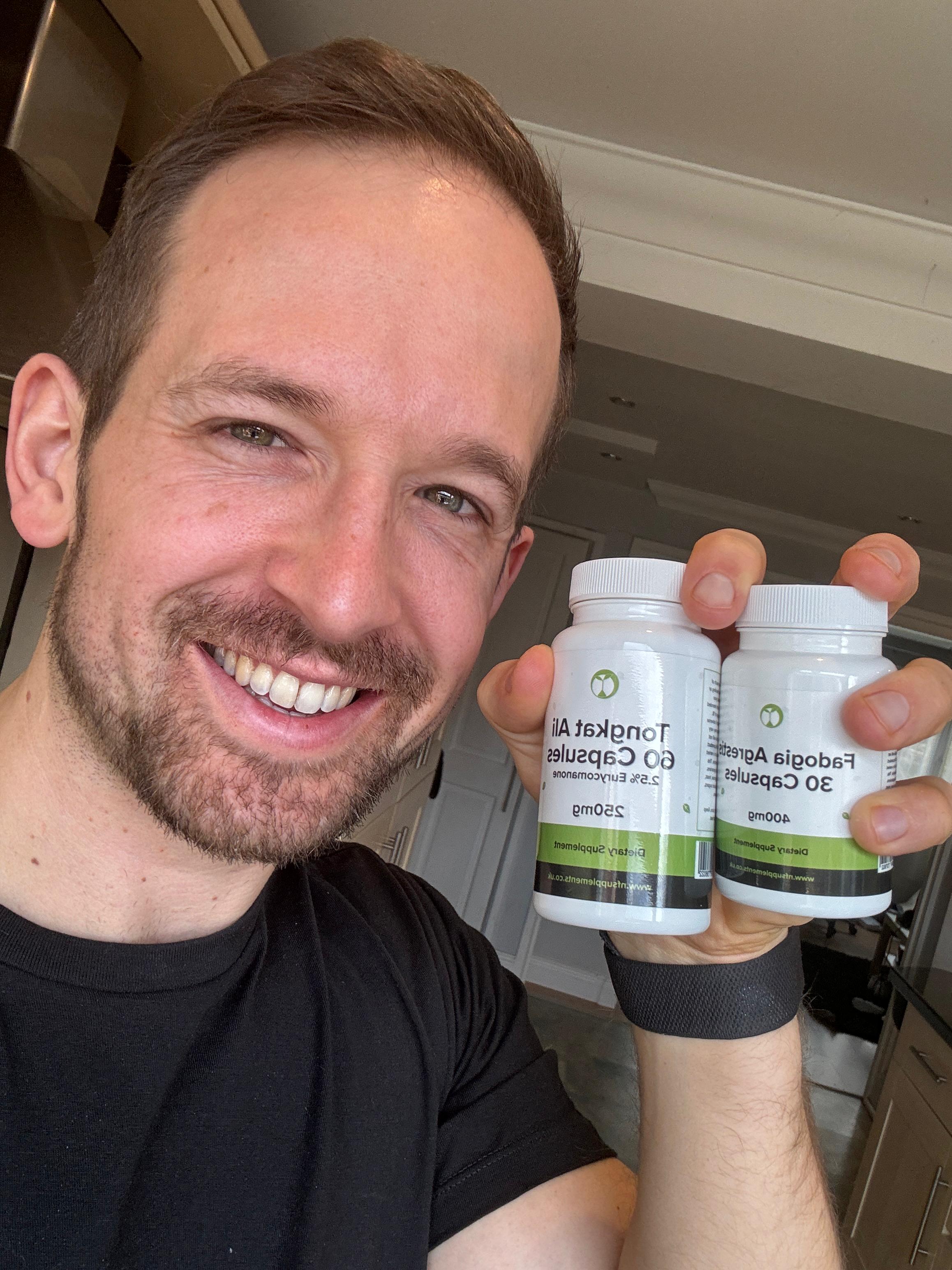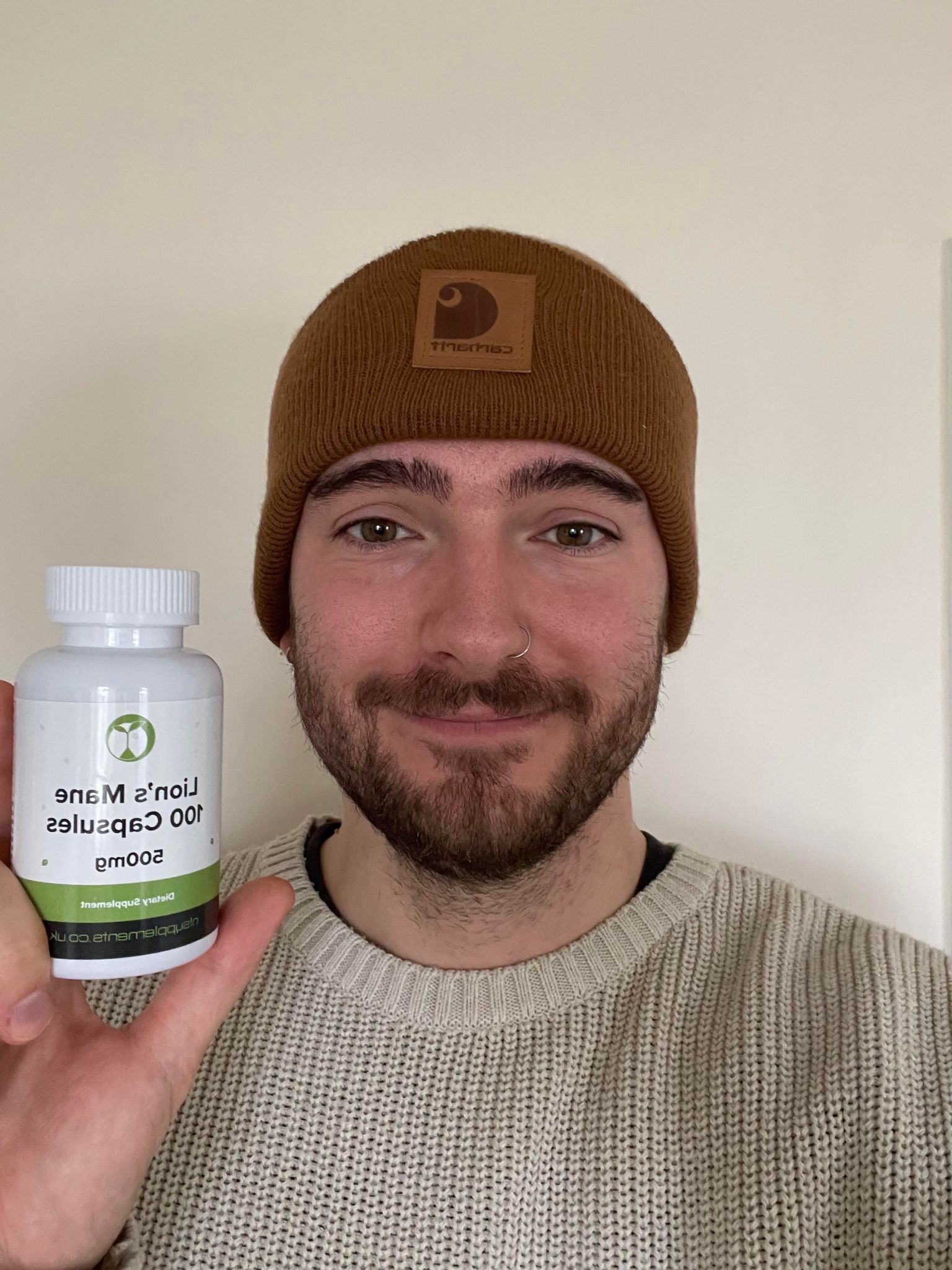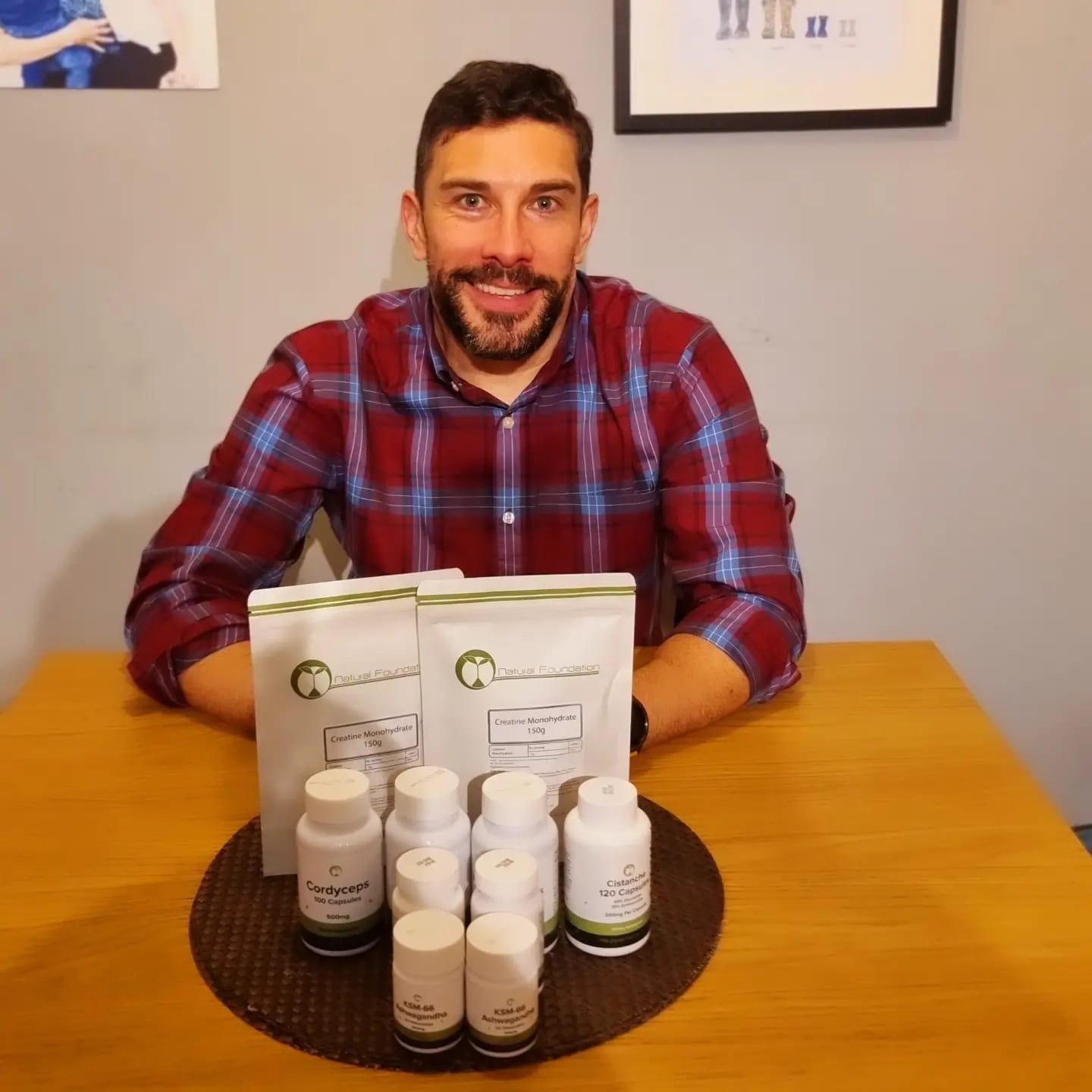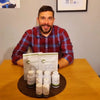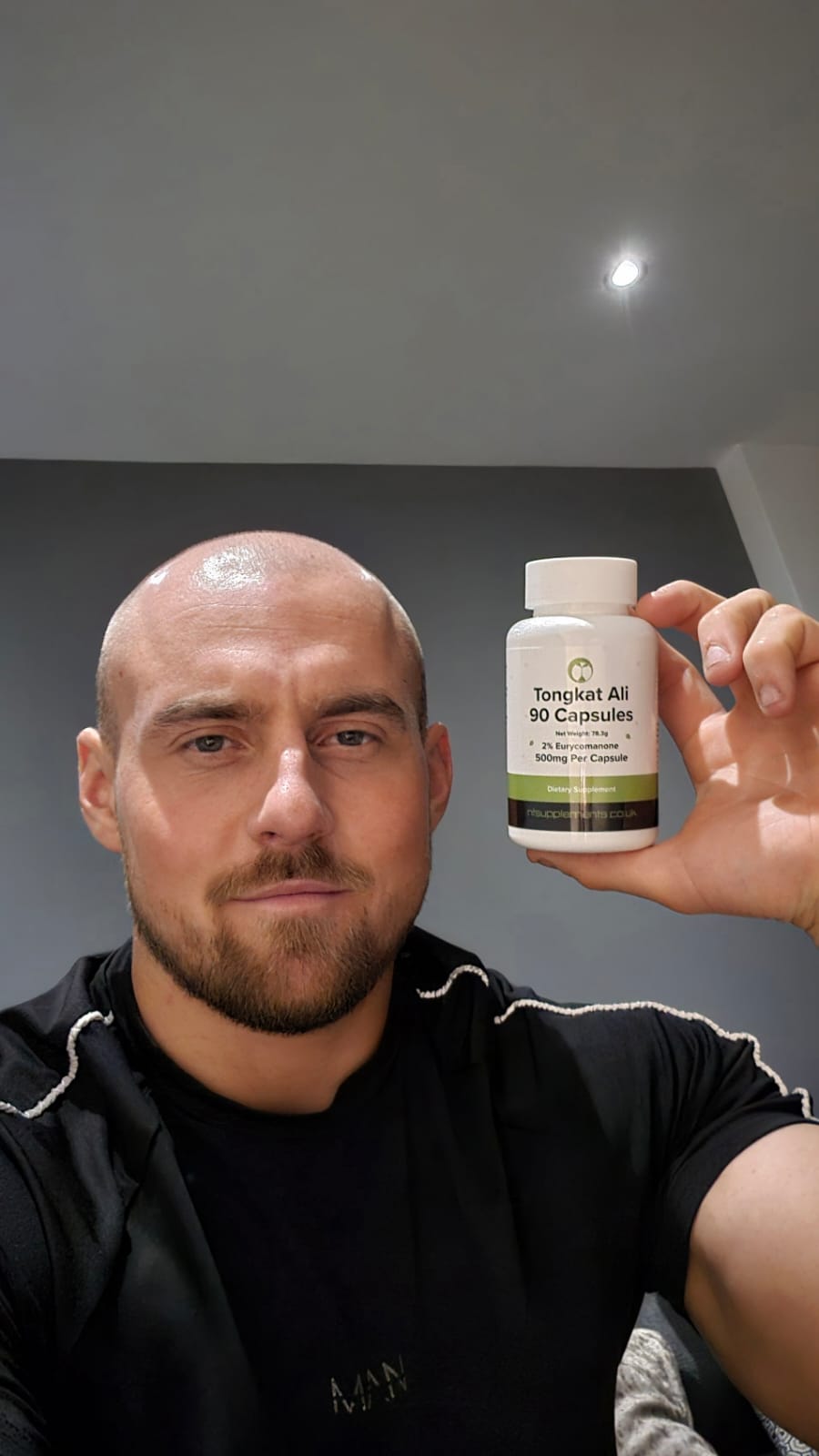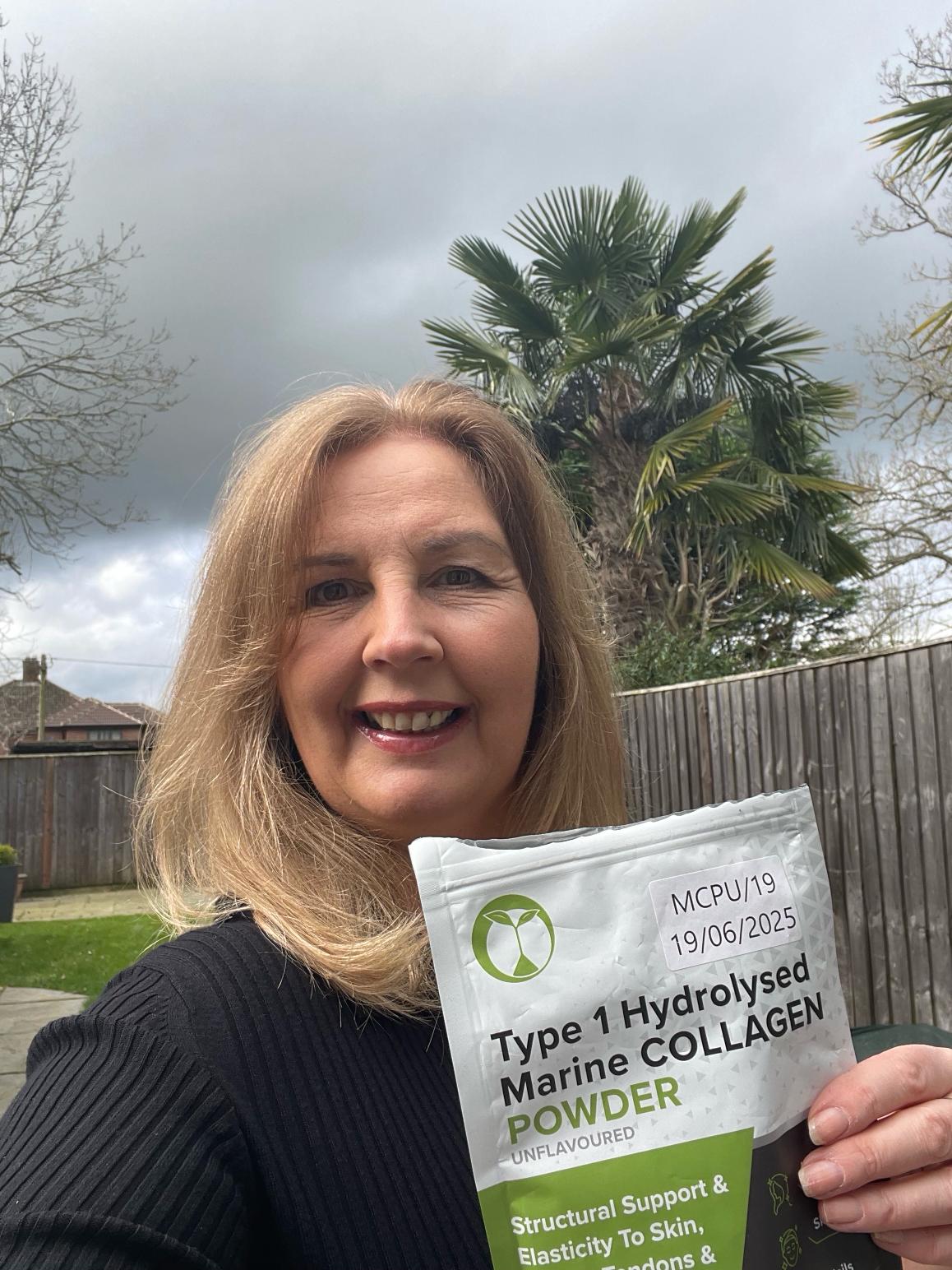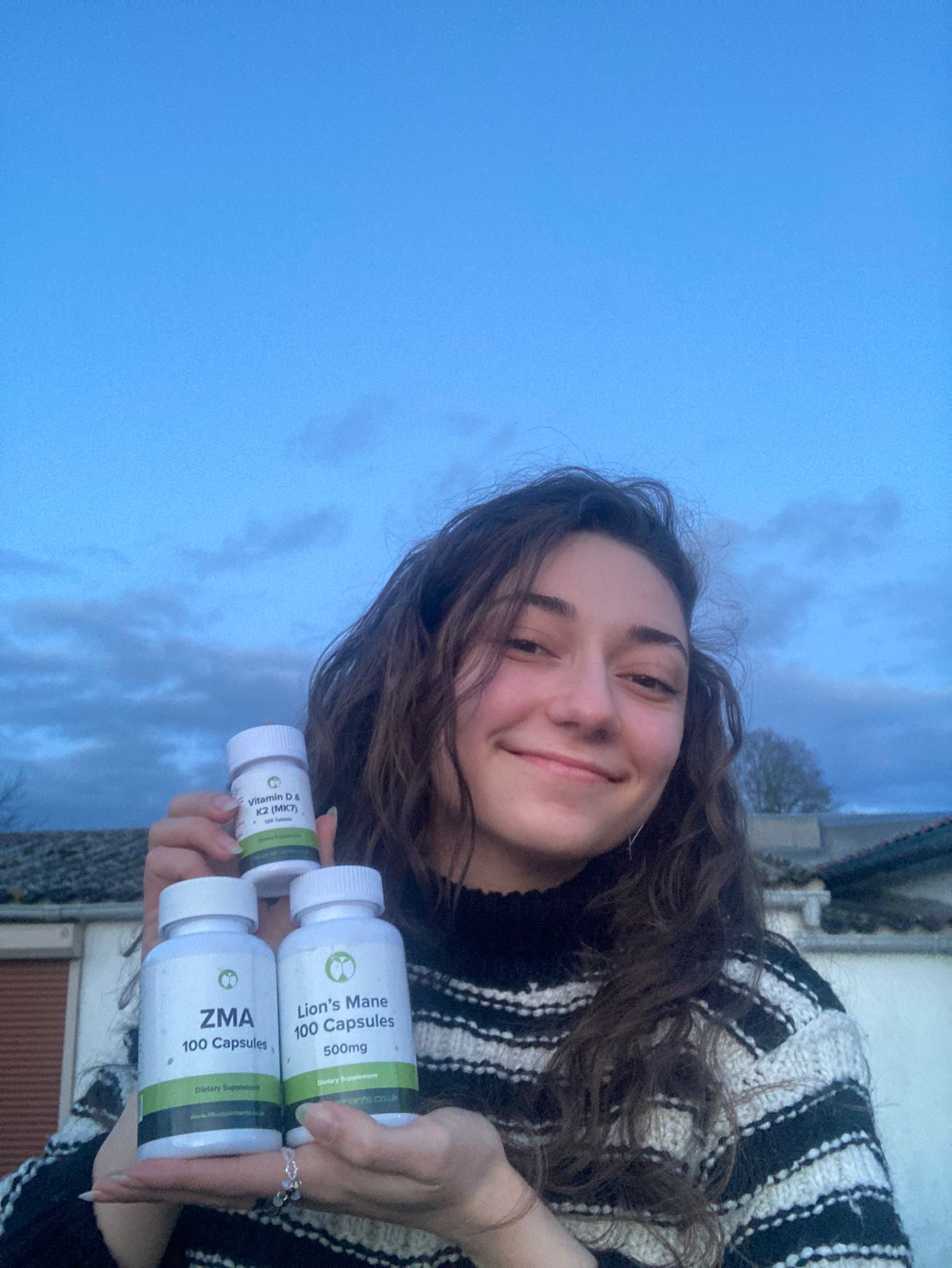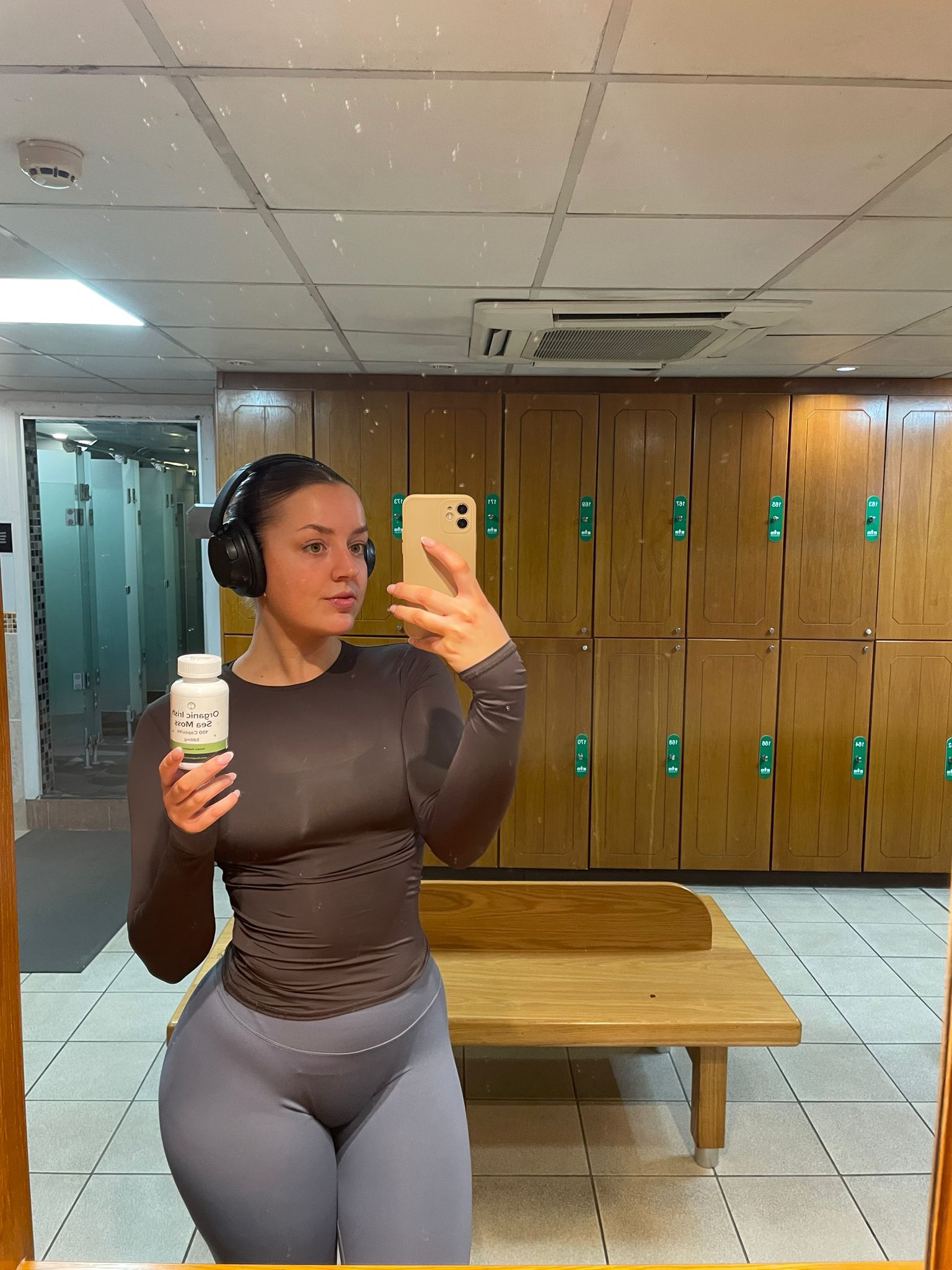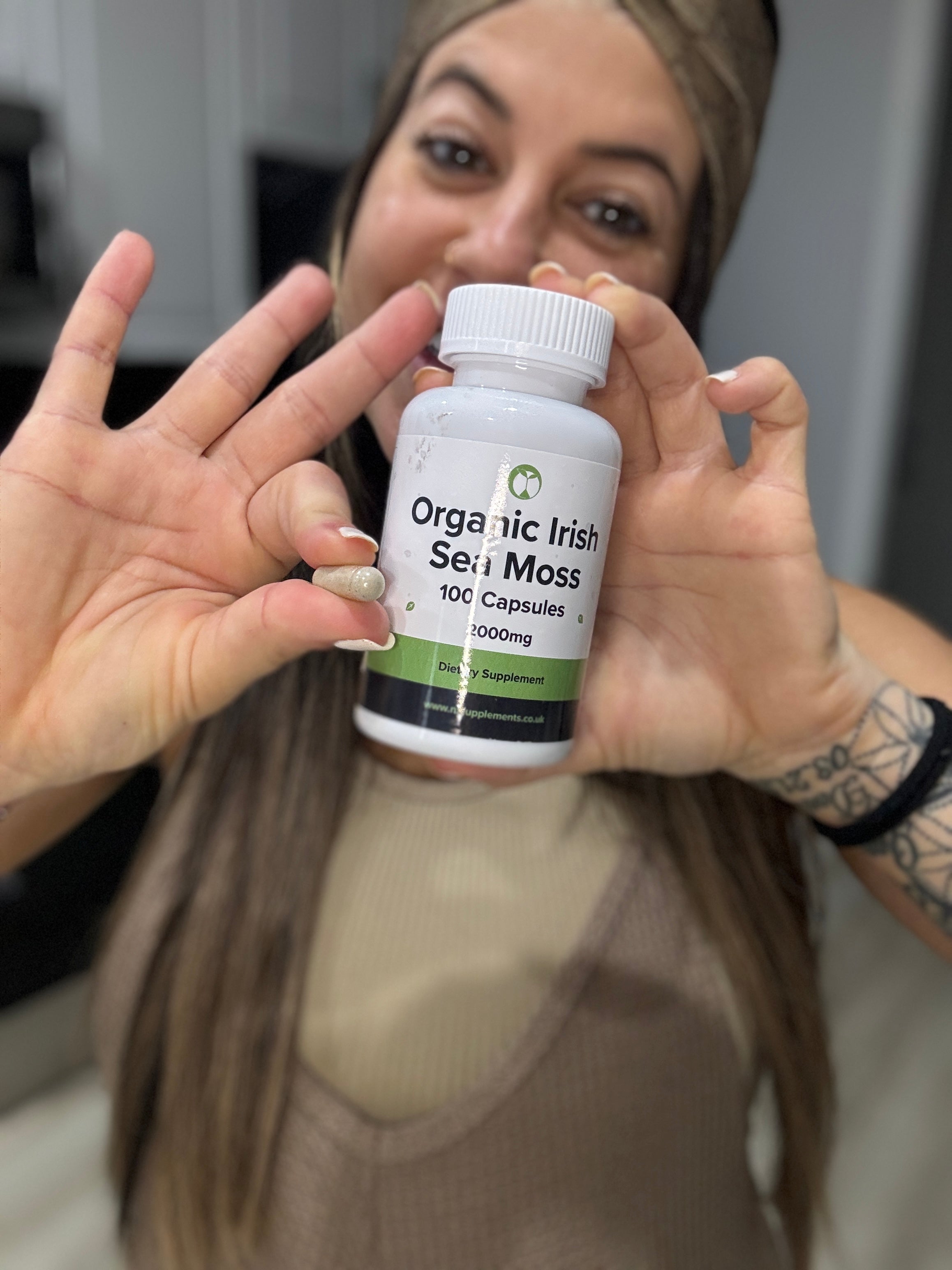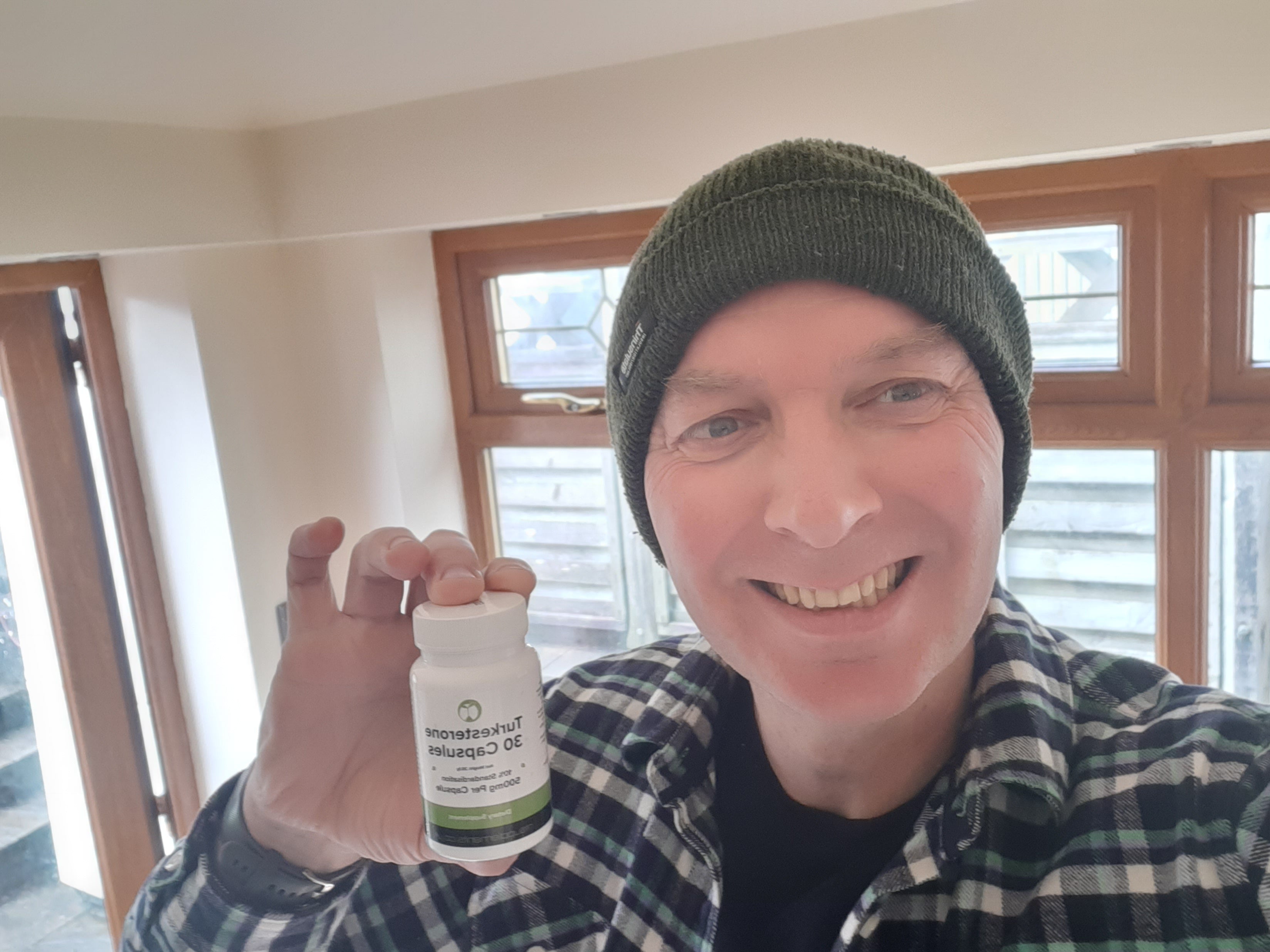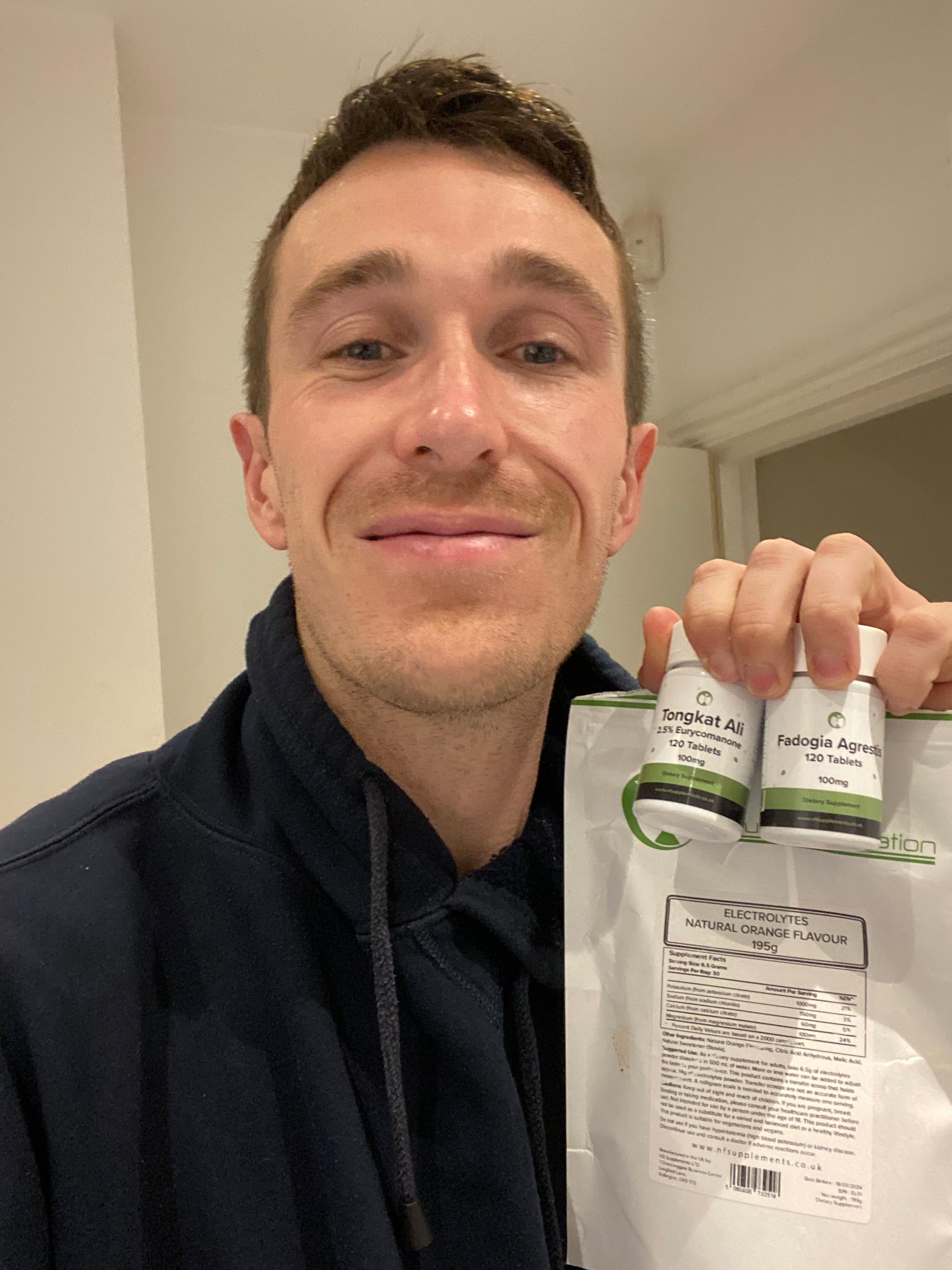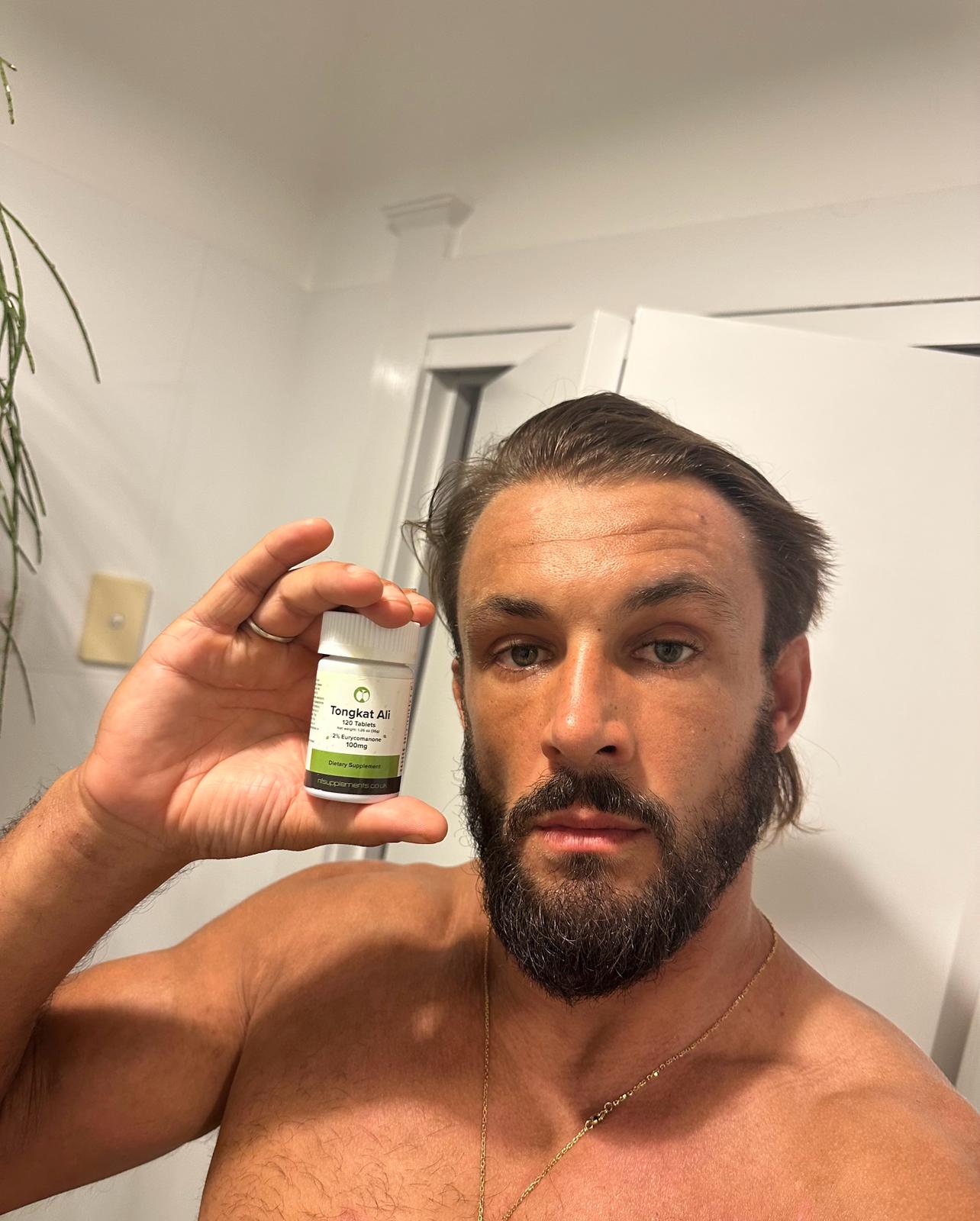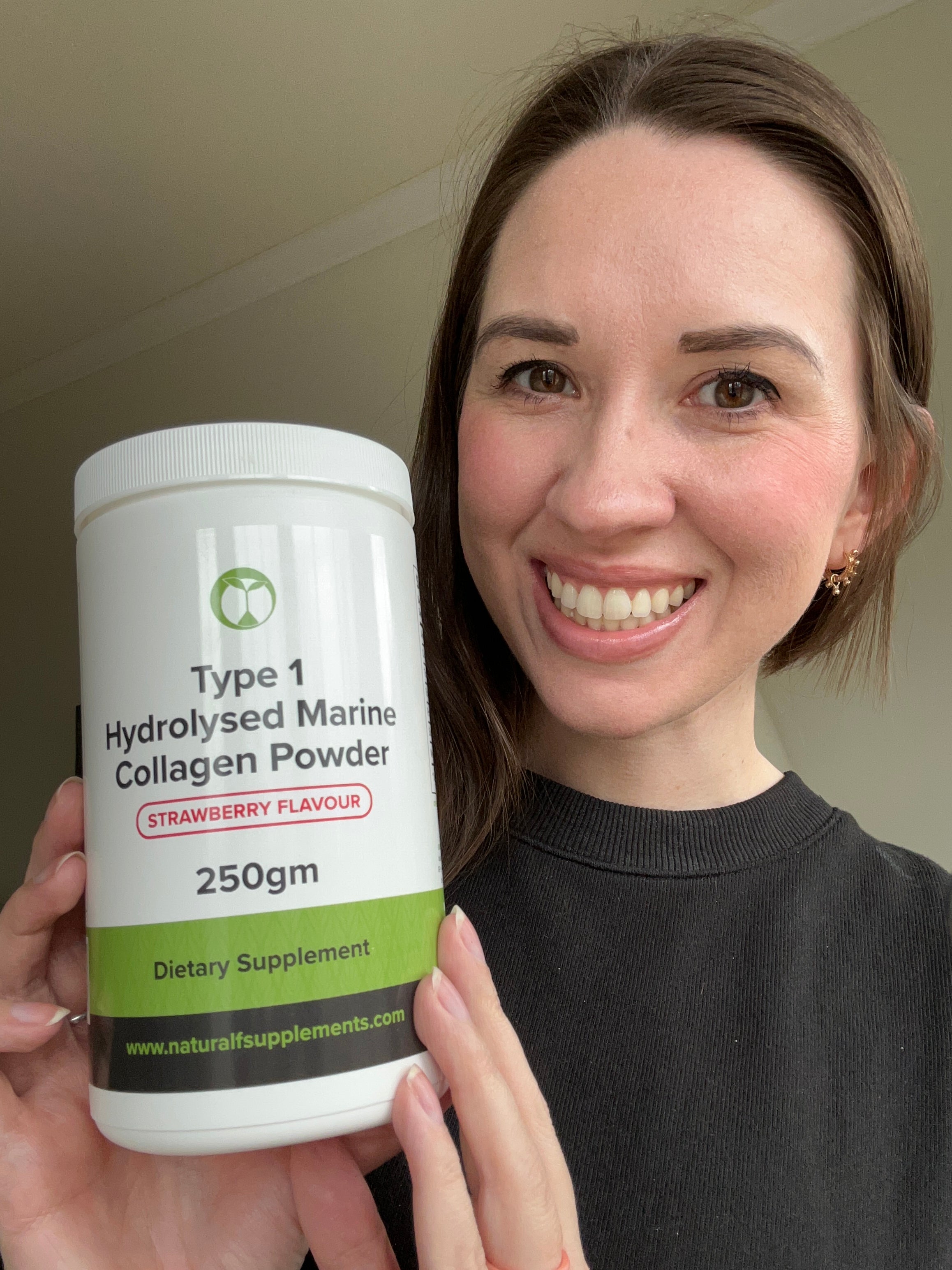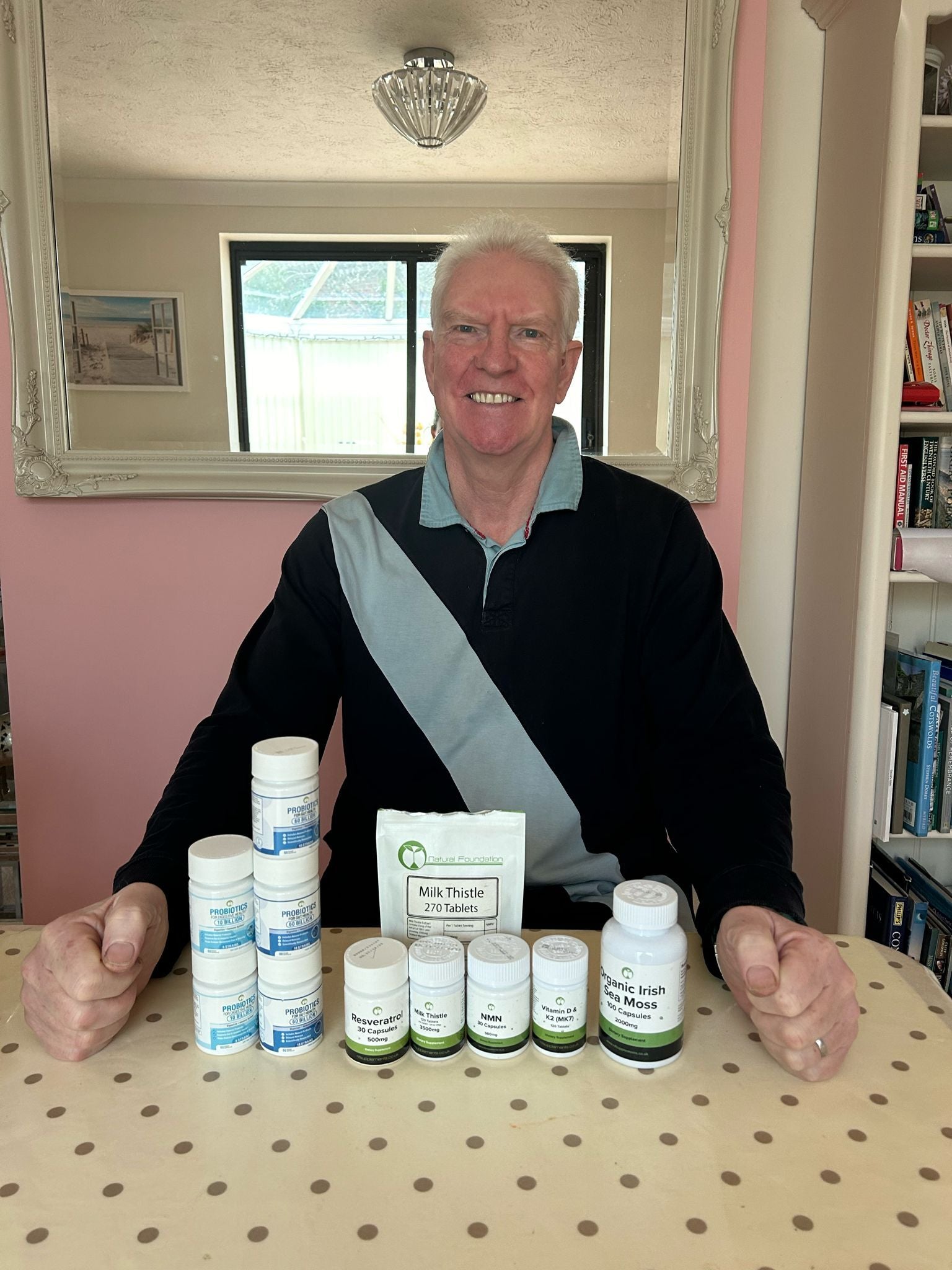Study 1
Study type:
Clinical trial
Purpose:
To assess the effectiveness and tolerance of a nighttime topical antioxidant formulation containing resveratrol, baicalin, and vitamin E for treating mild to moderately photodamaged skin. Photodamaged skin refers to skin damage caused by excessive sun exposure over time.
Method of evaluation:
The efficacy of the treatment was evaluated by assessing improvements in the skin's appearance, texture, and overall photodamage.
Dose:
Participants applied a topical resveratrol formulation to their skin before bedtime. The formulation consisted of 1% resveratrol, 0.5% baicalin, and 1% vitamin E.
Participants:
55 healthy females aged 40 to 60
Duration:
12 weeks
Results:
The study found that both baicalin and resveratrol can penetrate the outermost layer of the skin, known as the stratum corneum, and reach deeper layers. The deeper cutaneous layers, such as the dermis and epidermis, contain various cells and structures that are involved in skin ageing and damages. By reaching these layers, the ingredients can exert their antioxidant, anti-inflammatory, and collagen-stimulating effects, which can improve skin texture, firmness, elasticity, and pigmentation. The researchers also observed significant improvements in various skin parameters, including fine lines, wrinkles, firmness, elasticity, skin laxity, skin tone, hyperpigmentation, radiance, tactile roughness, and pinch recoil measurements (a type of skin elasticity test) in the crow's feet area—the fine lines and wrinkles at the outer corners of the eyes. These improvements were observed at weeks 4, 8, and 12 of using the topical formulation. Additionally, improvements were also noted in skin density and overall appearance at weeks 8 and 12 of using the formulation.
Year:
2011
Link:







